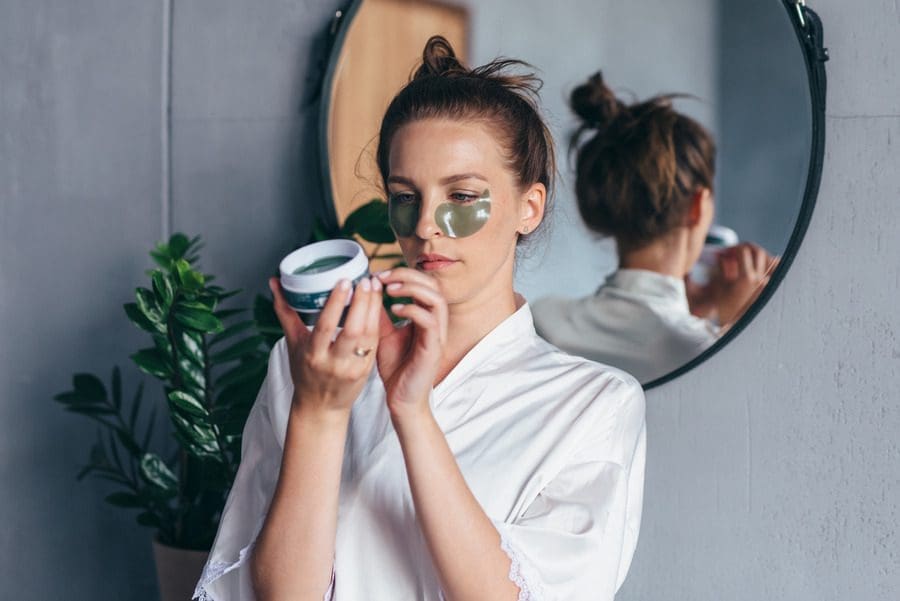Just like food products have expiration dates, so do cosmetics, skincare, and perfume. But how is shelf life determined? And when can you safely extend these products past their expiration? Knowing how long we have to utilize them is key information for our bodies and wallets. Here, we’ll discuss some facts about beauty product expirations.
The 411 on Product Regulation
The United States Food & Drug Administration (FDA) has no laws or regulatory requirements for cosmetic manufacturers. Instead, these companies are obliged to self-regulate and are accountable for ensuring their products’ safety, including expiration guidelines.
The Facts About Shelf Life
How long it takes for beauty products to break down is due to a number of reasons. And when cosmetics and skincare are compromised, they can cause skin conditions and eye infections. Here are some ways these products can be affected:
- Temperature and sunlight: Heat and sun exposure can change a product’s texture, color, smell, and overall composition.
- Applicators: They are exposed to bacteria and fungi when you use them.
- Drying out: Products can crack and harden.
- Touching with your fingers: Introduces microorganisms like fungi and bacteria (typically controlled by preservatives) to your products.
- Separating: When products (like emulsions) have water or oils introduced, they can separate.
Can’t tell if your products are expired? Check out these makeup expiration guidelines.
Reading the Expiration Label
Since there is no regulation in the U.S. (there is in Europe), expiration labels are not legally required for most cosmetics (though they are for acne medication or sunscreen). However, some skincare companies do voluntarily add labels. For example, products with a shelf life of 30 months or less often have a label that states a “best used by” date with the hourglass symbol.
Products that have life spans longer than 30 months often feature a period after opening (PAO) indication displayed with a number and the letter “M” beside it (e.g., 25M). The PAO is how long the product will remain in good condition from first use.
Perfume Shelf Life
Does perfume expire? Yes. Though they typically do not have expiration dates. The shelf life of fragrances is longer than most cosmetics. Most perfumes have a shelf life of 3-5 years; some can last up to 10 years.
You can tell if your perfume has expired by noting a weakened or metallic scent. Additionally, you may detect a color change in your fragrance. Here are some ways to extend your perfume’s shelf life:
- Do not remove your fragrance from its original container.
- Keep it in a cool, dry, dark place.
- Don’t open your perfume until you’re going to use it.







